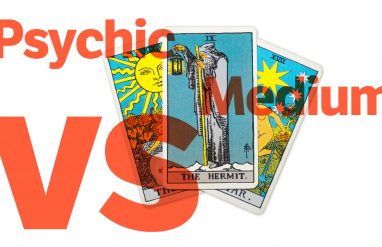What does allude mean?
The word allude is a verb that means either “to refer casually or indirectly; make an allusion,” or “to contain a casual or indirect reference.” And, fun fact, it’s incredibly rare to see this word without its partner, to.
For example: My mother always alludes to the fact that I’m behind on my grades in school; or This new show has noticeably alluded to the protagonist’s doomed fate since the first episode.
Unsurprisingly (as most English words come from this language), this word is recorded as early as 1525–35 a.d. and comes from the Latin word allūdere or “to play beside, make a playful allusion to.”
What does it mean to elude?
Elude, on the other hand, is a similar-sounding verb that means something entirely different.
This is a verb that means “to avoid or escape by speed, cleverness, trickery; evade.” It is generally used with an object.
For example: The mouse continues to elude the myriad traps that the frustrated homeowners have placed all over their house; or That dastardly roadrunner has eluded me for the last time.
However, elude can also have a more figurative meaning, “to escape the understanding, perception, or appreciation of,” as in The inspiration for my next novel eludes me at the moment; or This whole Tamagotchi fad has surprisingly eluded our entire family.
Interestingly enough, elude entered the lexicon at around the same time as allude, in between 1530–40 from the Latin ēlūdere meaning “to deceive, evade.”
How to use (and pronounce) allude vs. elude
These words not only look alike, but may be pronounced similarly too. However, there is one pronunciation tip when using these words to remember.
- Allude has a flat A sound, like “ah”
- Elude has a hard E sound, like “ee”
Now, back to how to use them.
- When making a reference to something or someone else, like Was your sister alluding to my weight gain just then? … allude is your word.
- When talking about avoiding a physical, mental, or figurative grasp of something or someone, like As new parents, a good night’s sleep has eluded them for many moons now … elude is your term.
One more time: Bobby often alludes to the real existence of aliens, whereas Billy luckily eluded the aliens’ detection drone. Yikes!














